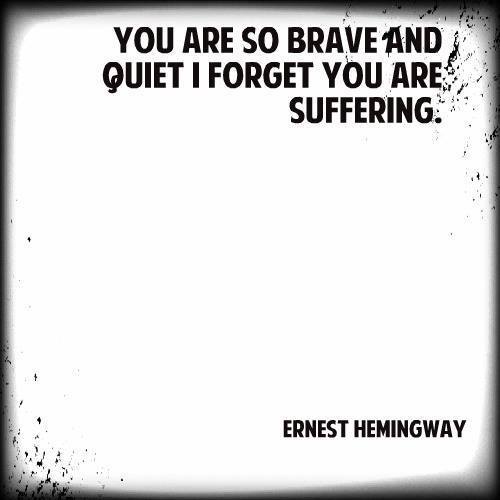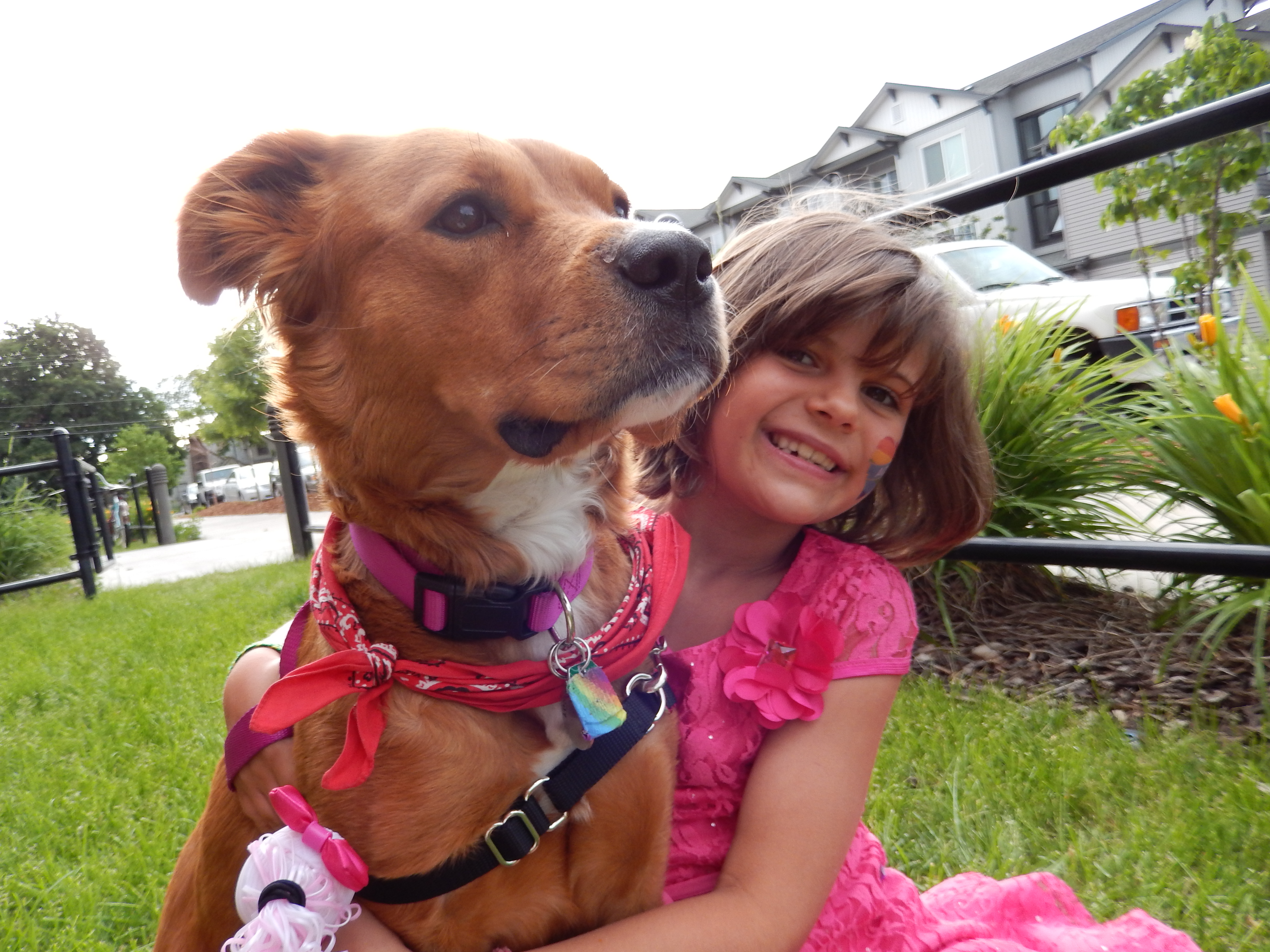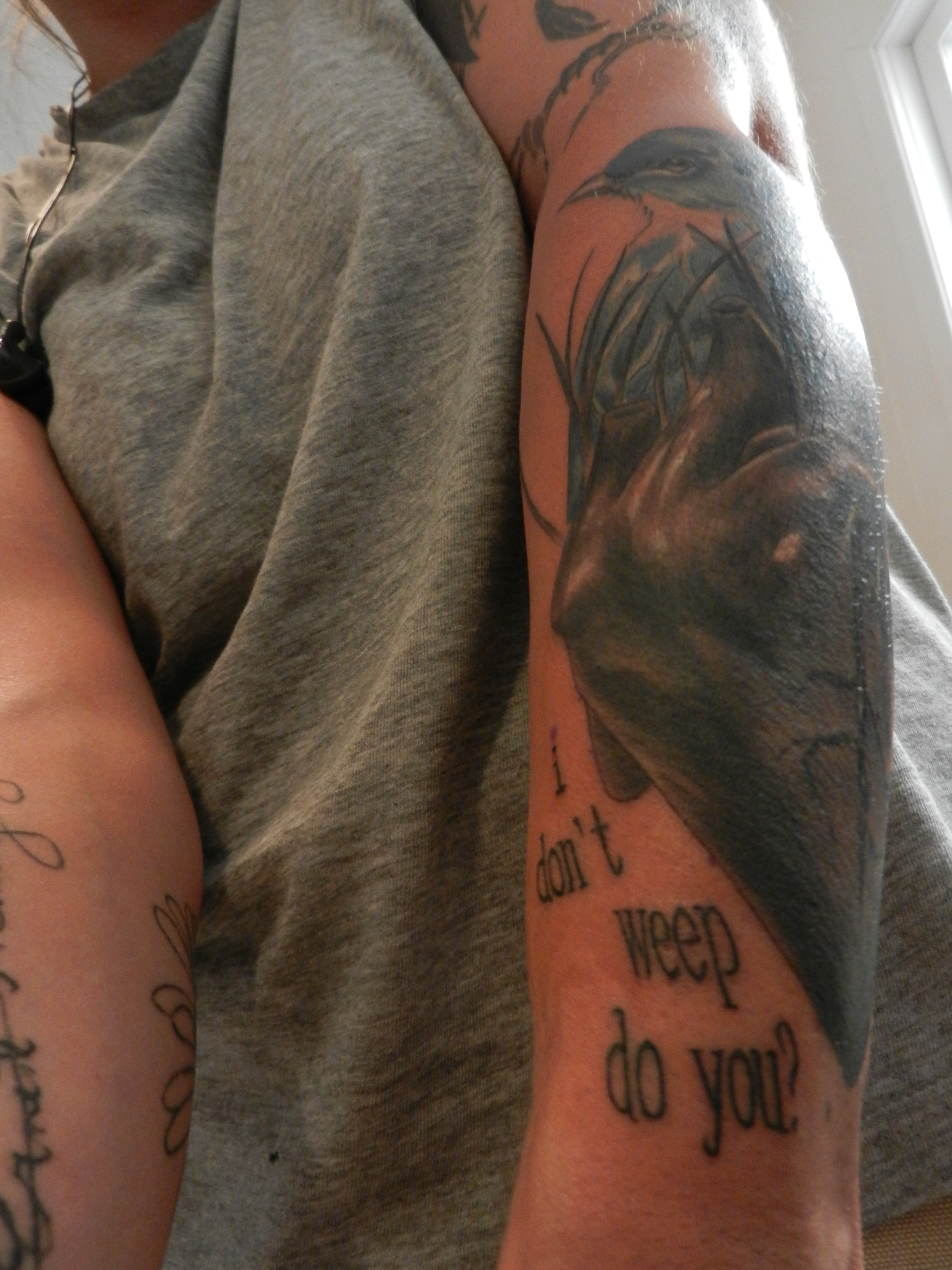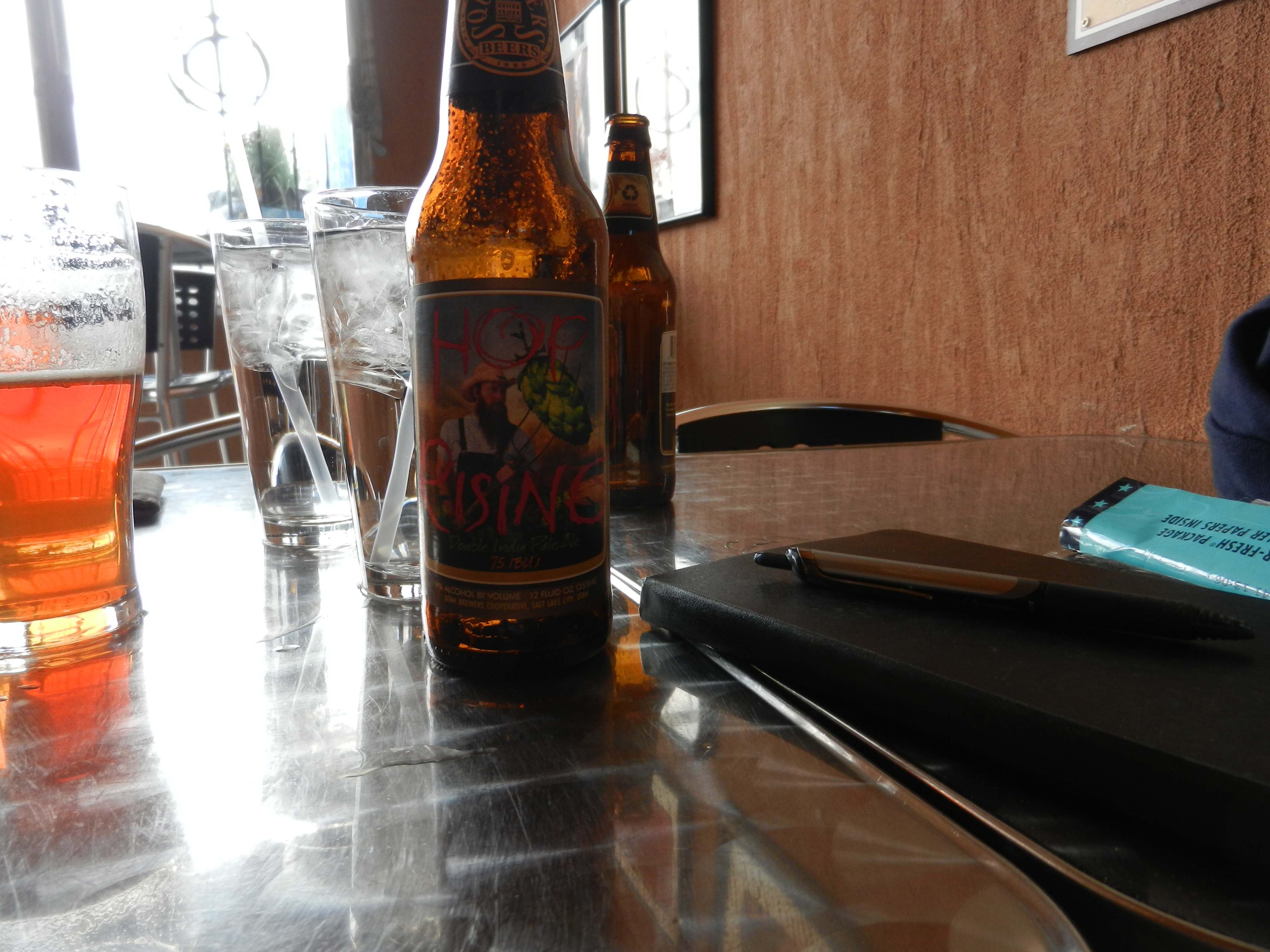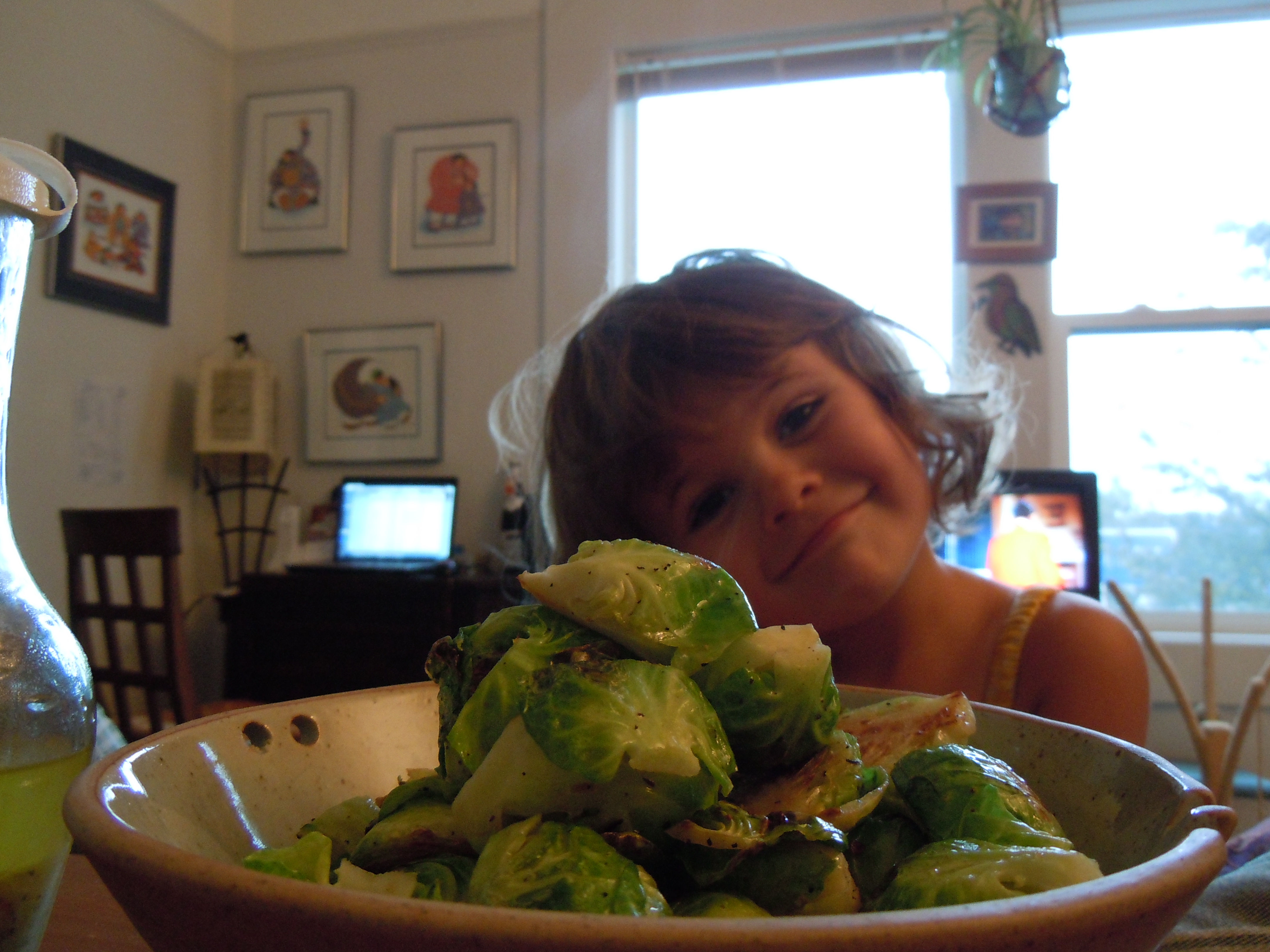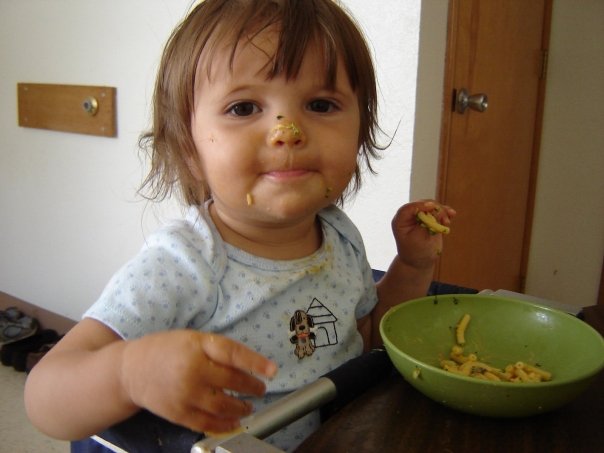The Vulnerability of a Single Mom Toting Two
My daughter was four when I accidentally told her I’d die. We were snuggled under covers, reading a story, and for some reason she brought up a guinea pig she knew that’d died recently, and she wanted to know why.
“Well, everything dies,” I’d said, in my matter-of-fact atheist way.
“Even you?” she’d said.
I couldn’t go back, and she already knew what I was about to say. The tears started, growing to full-on wails. I couldn’t get her to sleep for another hour, and she slept in my bed for a week.
I’d never thought about the what-if scenarios of my death. Mia’s a badass kid. She’s resilient. We’ve been through so much, I think she can make it through just about anything.
***
For a few years, we drove around in a 1983 Honda Wagon that we’d named Pearl. This car, for her age, was a champ, but had an especially difficult time in the last six months we had her. She finally broke down on the freeway, heading west, at sunset. I knew the sun must be in the oncoming drivers’ eyes. Mia was with me, and I was seven months pregnant with a baby I’d decided to have on my own.
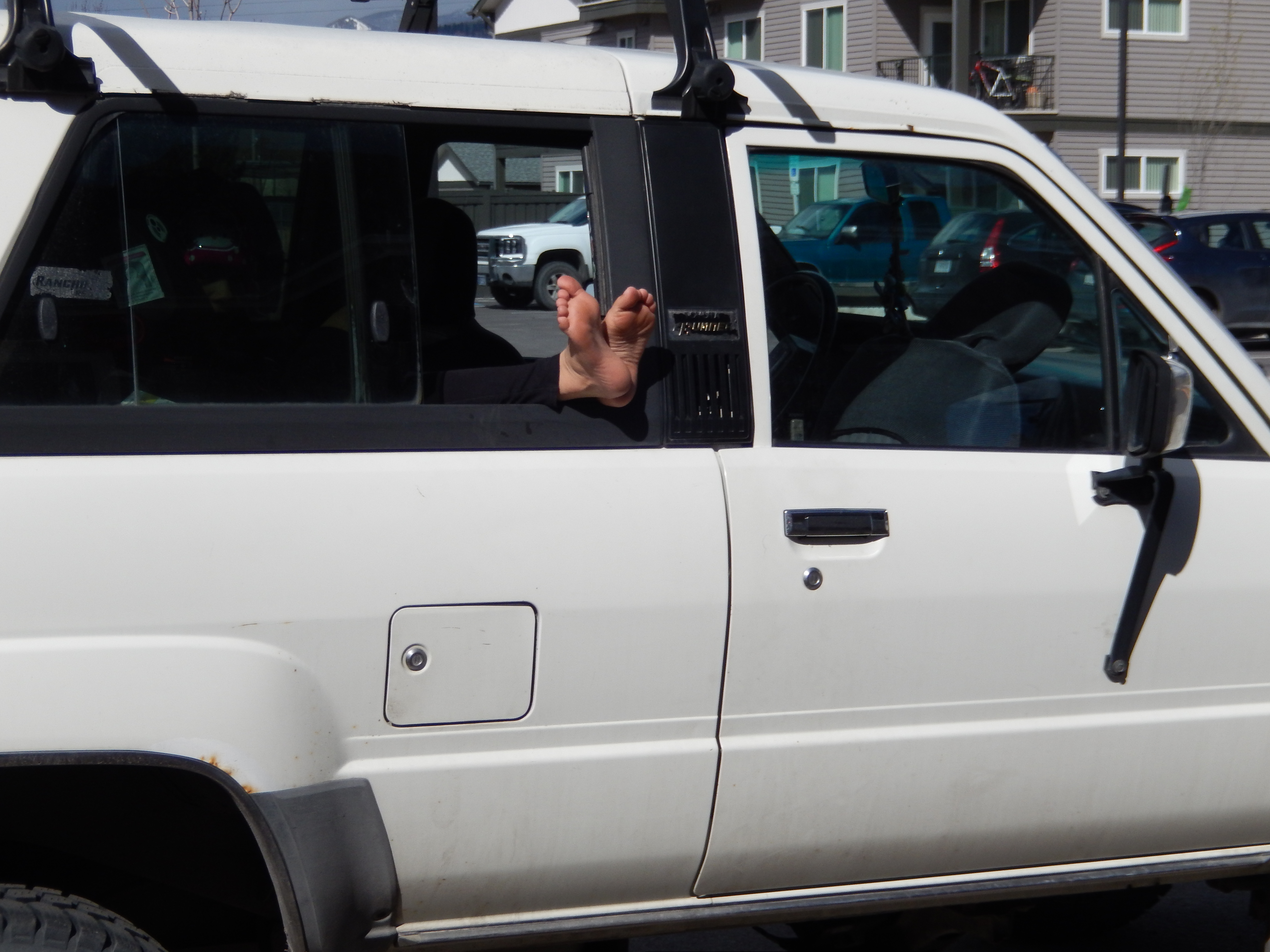 Semis rushed by at 60mph and rocked the car while we waited for the tow truck. This just wouldn’t do. I couldn’t have a car that broke down all the time with two kids. A month later, I found my dream truck, handing over the last few thousand of my tax refund that was my post-partum savings to purchase a 1987 Toyota 4Runner in near-perfect condition.
Semis rushed by at 60mph and rocked the car while we waited for the tow truck. This just wouldn’t do. I couldn’t have a car that broke down all the time with two kids. A month later, I found my dream truck, handing over the last few thousand of my tax refund that was my post-partum savings to purchase a 1987 Toyota 4Runner in near-perfect condition.
A little over a year later, I’ve noticed I’m still scared to drive on the freeway.
***
We adopted a dog a couple of days after Mother’s Day, and I’ve since been focused on her rehabilitation. If I get ready to leave, she’s at my feet, anxiously looking at me while I try not to make eye contact. She’s also not the greatest with other dogs. She wants to play, but if the other dog gets in her space too much, Bodhi’s place is on the defensive.
The dog trainer said a rescue is kind of like adopting a special needs child. I hadn’t realized how much Bodhi’s quirks either made me stay at home or fearful to bring her out.
This summer went by with only a couple of trips to the river. No camping, no rock climbing, and hardly any hiking. I sent Mia off to do stuff with friends quite a bit, but the three of us (with the added dog) hadn’t been out much at all together.
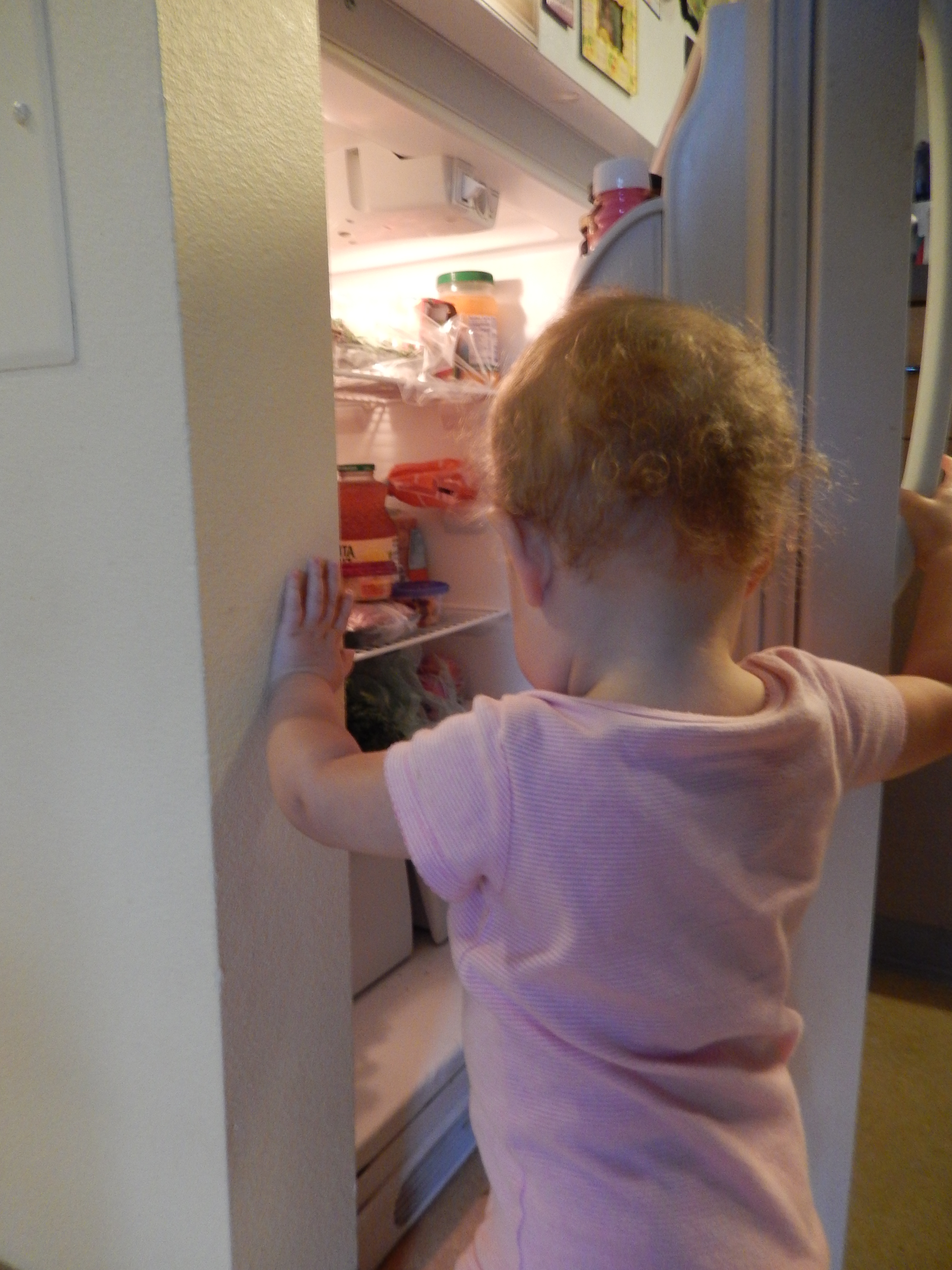 Coraline, the baby, is walking and beelines for the cupboards and fridge and especially my desk. I can’t afford daycare, so my days are spent doing twenty minutes of precious work before she’s gotten herself stuck in a box or needs a new diaper or the dog needs walked or someone is hungry again and what a process that is.
Coraline, the baby, is walking and beelines for the cupboards and fridge and especially my desk. I can’t afford daycare, so my days are spent doing twenty minutes of precious work before she’s gotten herself stuck in a box or needs a new diaper or the dog needs walked or someone is hungry again and what a process that is.
On the weekends when I’m not shuffling Mia off to camp, I have about fifteen things I do before I get a chance to make coffee. This morning I neared the level of screaming before I’d even boiled the water.
“Let’s go to a lake,” I said. Mia, the noisy one, jumped up and got on her swimsuit. I threw a bunch of snacks in a bag, packed towels and a blanket, and grabbed the dog leash.
I didn’t put on a swimsuit. I didn’t pack snacks for myself. I knew all my energy would go into wrangling.
We had to drive quite a ways, including a bit on the freeway. The truck ran perfectly, the baby fell asleep on the way, but I still had white knuckles on my hands, clenched to the steering wheel. My stomach had that familiar knot. I kept imagining a tire blowing out, an oncoming truck pulling a camper losing control, or me drifting, catching an edge, and flipping us into a ditch. Breaking down on the side of the road was no longer simply waiting with Mia until someone showed up to help. I had a baby. And a dog who’d most-likely be so traumatized it’d set us back months in training.
This fear had ruled my life for months and I hadn’t realized it.
When we got to the spot by the lake, there was a couple there with a dog off-leash. I kept going, down the dirt road that circled to the other side. Or, that’s what I assumed.
We were on that dirt road for at least an hour, making our way around to the main road again. I loved it. I doubt my phone had reception. The dog threw up twice. There were bumps and puddles and we saw two badgers by their den. Coraline woke up and chatted her happy baby noises while I drove through back woods with a general idea of where we were.
I’d forgotten how much I’d loved this. This throwing everyone in the car and finding some back road that lead to a spot only we knew about. It used to be my specialty.
Our truck came full circle, and we ended up back at our spot again. Mia found a sunny spot a little further down a path with a rocky, secluded beach. I sat on a blanket with a content baby in my lap in the sun, dare I say totally relaxed. Bodhi was tied to a tree and jumped after rocks and sticks. Mia swam completely under the water, looking for special rocks. She gathered at least fifty. The four of us huddled together when the wind picked up a bit and the girls ate their snacks.
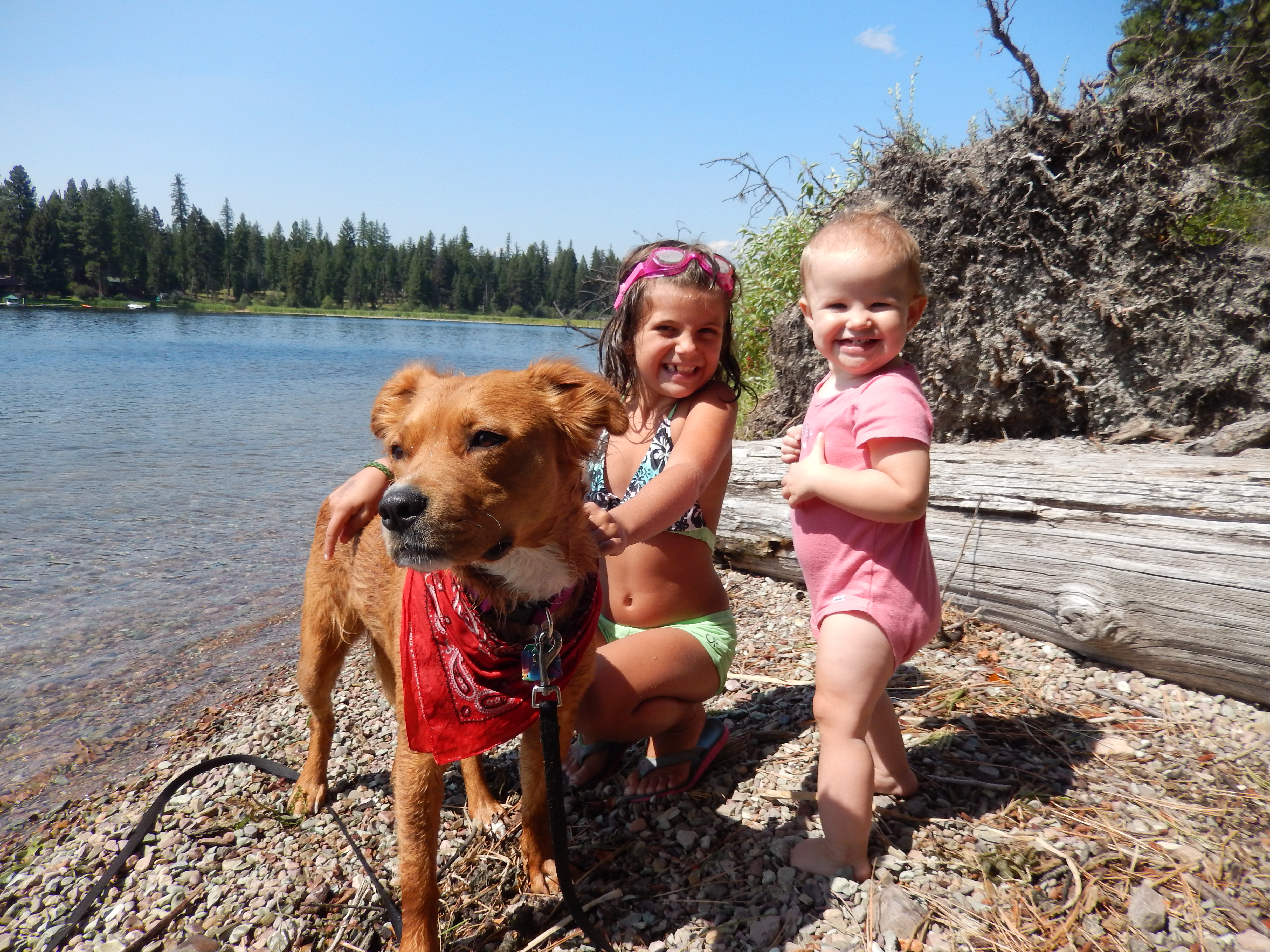 “I know I’ll remember this,” Mia said.
“I know I’ll remember this,” Mia said.
“Oh yeah?” I said. “Because of the badgers?”
“Yeah,” she said. “I remember weird things, like you licking a napkin and wiping my face before preschool one day. I’ll remember us sitting here on this blanket.”
I put my arm around her, pulled her in a little tighter, and said, “I will too, kiddo.”
step.

